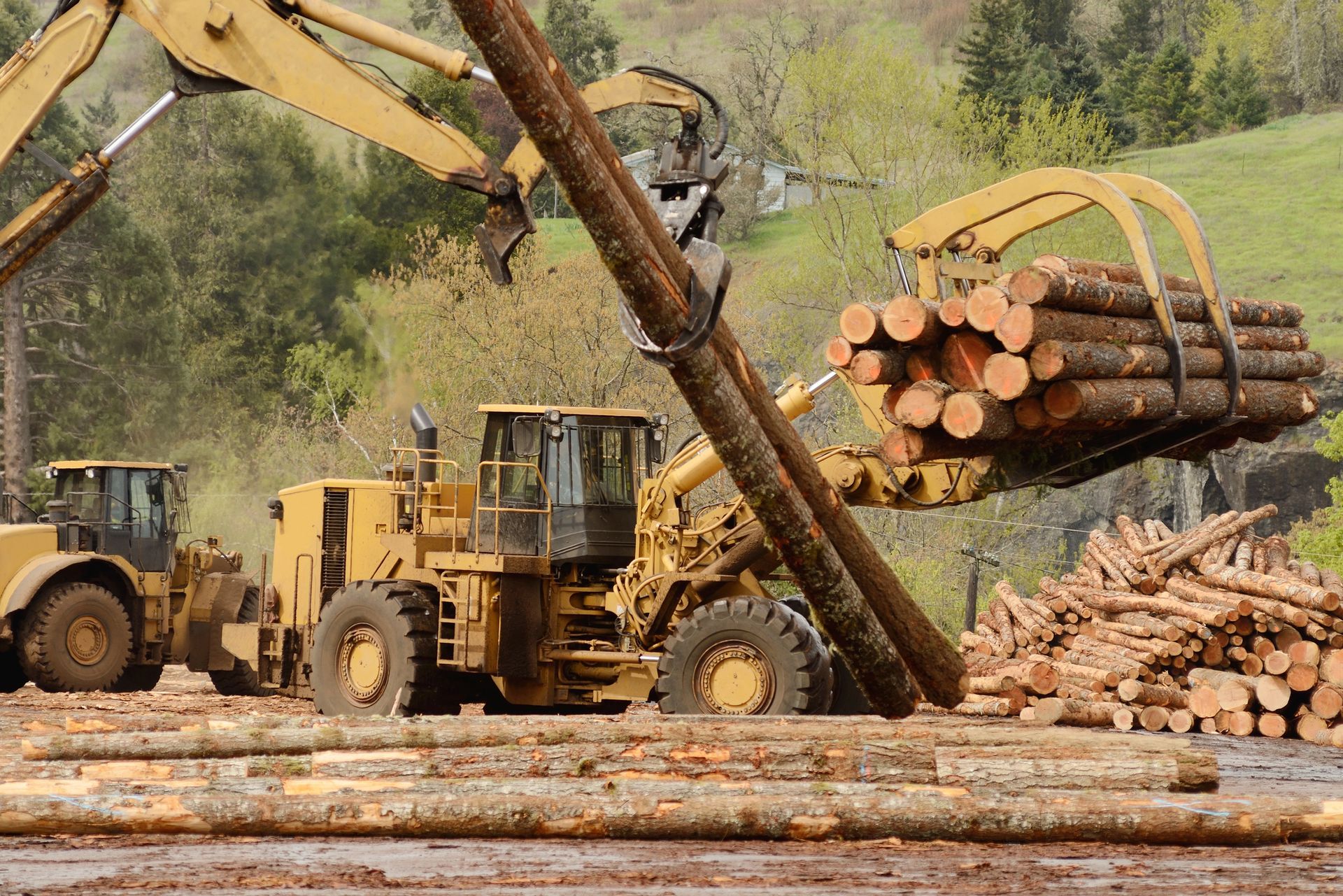Protecting Loggers and Timber Operations with the Right Insurance
Logging isn’t just a job — it’s a trade, a tradition, and for many families, a way of life. From the steady whine of a saw to the smell of fresh-cut rounds piled high, logging takes grit, skill, and an understanding that nature doesn’t always play fair. Whether you’re a feller working deep in the backcountry, a mastication crew clearing dense fuel loads, or a mill operator turning raw logs into lumber, you know the risks can be as big as the trees you work with. One accident, one fire, one equipment breakdown — and the entire operation could be at risk.
That’s where specialized logging insurance comes into play. General business insurance doesn’t cut it for people in this industry. Loggers face hazards most other trades never encounter. Wildfires can level valuable stands overnight. Windstorms can scatter felled timber and damage machinery. Harvesters, skidders, and masticators can break down in the middle of peak season. And because logging work is among the most dangerous jobs in America, workers’ compensation isn’t just important — it’s required in most states. On top of that, there’s the potential for environmental claims if a fuel spill or habitat damage occurs, or liability concerns if something goes wrong with a finished wood product.
For loggers, having the right coverage means protecting the land you work, the timber you’ve harvested, your logging trucks, and the heavy iron you depend on every single day. This often includes commercial auto coverage for hauling rough terrain loads, equipment breakdown insurance for processing machines and masticators, cargo coverage for timber in transit, and “Loggers Broad Form” liability — a specialized policy designed for the unique legal risks faced by logging contractors. Umbrella liability can also be vital, giving you a bigger cushion if a major lawsuit comes your way.
Insurance for logging outfits isn’t just about recovery after a disaster — it’s about keeping the saws running, the crews working, and contracts on track. Many mills, land managers, and government contracts require proof of proper insurance before they’ll even shake hands on a deal. The right policy can open doors just as much as it can protect you when something goes wrong.
The smartest loggers keep their coverage current. They take stock of equipment, from skidders to masticators. They document harvested loads and maintain clean safety records. And they work with brokers who speak their language, understand the business, and know the difference between a feller buncher and a forwarder. That’s the kind of relationship that helps you find gaps in coverage before those gaps cost you real money. If you’re in the logging trade — whether you run a small two-person crew with a chainsaw and a truck or a multi-crew operation with specialized mastication and harvesting machines — we can help you get the right coverage. We know the work, we know the risks, and we know how to protect your livelihood. Let’s build a plan that keeps you covered so you can keep moving wood, running crews, and carrying on the tradition of logging done right.
Phoenix, Arizona San Francisco, California Montrose, Colorado Kalispell, Montana Portland, Oregon
Contact Kraig today.
Thank you,
Kraig Sturgill
ksturgill@hakorisk.com
602-552-4248







